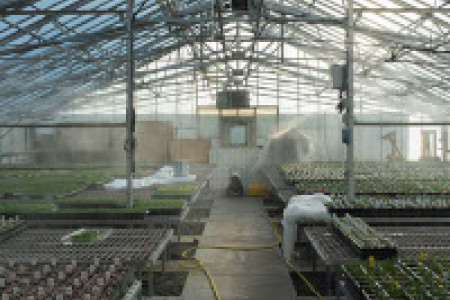The power of a home-cooked meal
There is more to cooking classes than just food
Food preparation and production is arguably as important as the ingredients used.
In the 2019 Canada Food Guide, home cooking became one of the four main healthy eating habits, and the guide advises readers to cook more often, use more whole grains, vegetables and fruits and to have fun while cooking. In Winnipeg, Mary Jane’s Cooking School and The Food Studio reinforce these concepts and offer much more than just cooking directions.
Nutritionist Mary Jane Eason, who received her master’s from the University of Manitoba, says her school uses a different approach to cooking.
“Food is considered a sacred gift, and the earth is sacred, so whenever we cook food, we do it in a way that is respectful, and do not use harmful chemicals,” she says.
“We do not throw food away. We try to use everything in different ways. So it stems from being practical and how people used to live, before we became dependent on other people making food for us.”
Mary Jane’s Cooking School offers a variety of lessons, such as soup and stew classes, Indian cooking classes and vegan and vegetarian classes.
Eason, along with Wilhelmina Howes, Diane Yu and Laura Steiman, first started the cooking school as a for-profit cooking class. However, their focus shifted and they changed the business model.
“When we first started, we were going to be a business, but that did not seem to fit with what we were doing, so we became a non-profit and eventually (achieved) charitable status,” Eason says.
Maria Abiusi, owner of The Food Studio, says that food has a strong connective effect on people.
“Food is a commonality that can bring people together, and it has the power to break down differences in people and the unknown of the other,” she says.
The Food Studio’s programming includes baking, cooking, healthy lifestyle, international cuisine classes and a variety of kids’ events.
“There are classes set up for all age groups. So we have a wide range, from four-year-olds who come for a birthday party to seniors who are retirees and want to do something different. All the classes are open to whoever wants to learn.”
Praising her young participants, she says, “the kids are becoming more sophisticated with their understanding of food, spending more time cooking for themselves, so their curiosity is driving their learning, which is great.”
Abiusi points out that her cooking classes highlight the communal nature of food, and she sees growth of togetherness among her participants.
“We do not work individually. We work as teams in classes,” she says.
“Each group works on an item. Whenever we do a class, one of the outcomes is that we will have a meal by the end of the class. We eat everything we make, or if it is the baking classes on Saturday mornings, everyone can go home with the baked goods they have created.
“As we are cooking together, food becomes the commonality. So we are learning together, and then we sit down and have a meal together. There we talk and share about what we learn, what challenges were encountered.”
Published in Volume 74, Number 16 of The Uniter (January 30, 2020)






